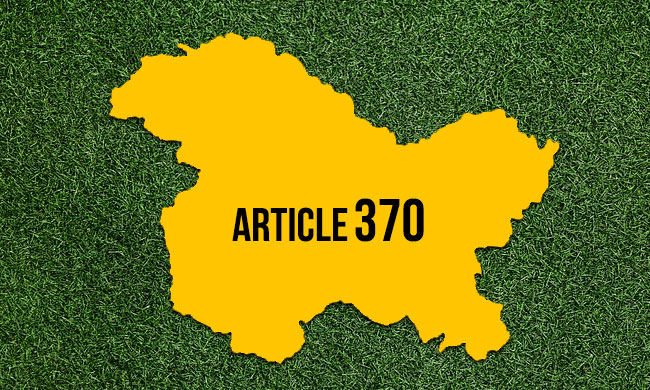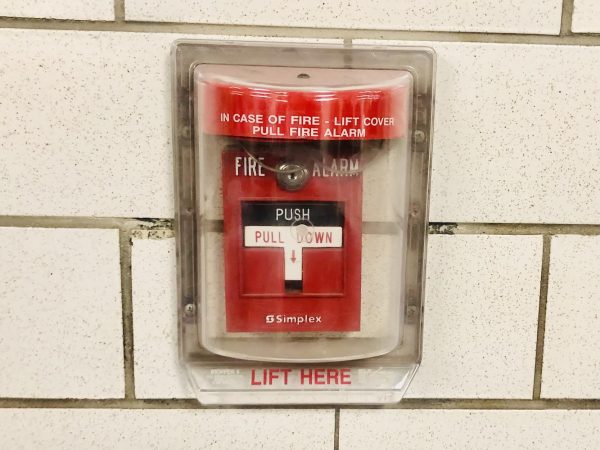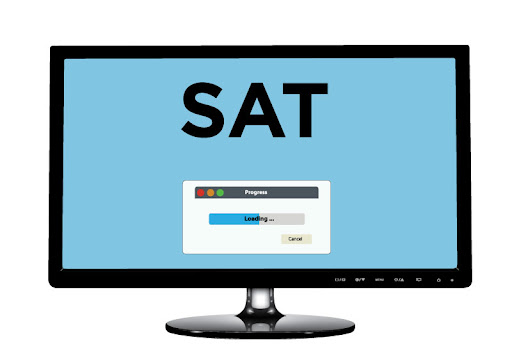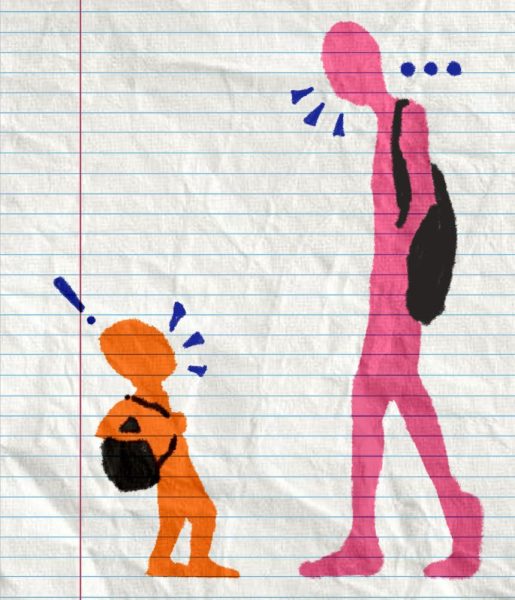Abolishing Article 370: the right move
October 15, 2019
Throughout the past couple of decades, the international stand point between Pakistan and India progressively worsened until it seemed like the two countries would wage war yet again. But then, at the turn of the century came the promise of peace and unity between the divided countries. Unfortunately, that lasted about three years.
The Pakistan and Indian conflict started soon after the British ended their rule. Pakistan became its own country by separating from India on Aug. 14, 1947, one day before India gained independence. Their next major conflict was in 1965. This Indo-Pakistan war took place between April and September. Pakistan tried to infiltrate Jammu and Kashmir and India defended itself retaliating launching a full-scale military attack on West Pakistan. The war lasted seventeen days and cost each side thousands of casualties.
Article 370 was added to the Indian Constitution on Nov. 17, 1956. It’s important to note that this article was never meant to be a permanent addition to the Indian Constitution. Simply put, this article granted Jammu and Kashmir “special status.” Only citizens born in Jammu or Kashmir could own land, have a job, and live there. Jammu and Kashmir also had its own constitution and the government of Jammu and Kashmir did not have to follow any of the laws of the country of India implemented unless they showed up in the Constitution of Jammu and Kashmir. The only characteristic of an independent country that Jammu and Kashmir did not possess was the ability to take part in foreign affairs. India classified Jammu and Kashmir as a region of India on October 26, 1947 when Maharaja Hari Singh executed the legal document The Instrument of Accession.
Removing this article takes away the undue special privileges of Jammu and Kashmir and allows other Indians to own land and get jobs in the region. This opens up a number of jobs for the rest of India. Revoking the article creates more jobs for Indians and constructs a better economy. Ideally, of course, the transition would be peaceful and positively impact society. The amount of jobs available would increase, poverty rates would decrease, and many opportunities would become available.
Realistically however, ever since the article was removed from the Indian Constitution on Aug. 5, 2019, unrest has only increased. Although the number of riots have gone down due to added security measures, many residents do not support the removal of Article 370. The Pakistan government claims that Jammu and Kashmir is a part of Pakistan and that India has no right to make those decisions for Kashmir. However, as the result of several debates and conflicts over the past decades, it has been made clear that there is a portion of Kashmir that is administered as India. The territory west of Indian administered Kashmir is part of Pakistan, and the region to the east is part of India. This topic is a breeding ground for many of the conflicts between India and Kashmir.
Many people do not support the revocation of Article 370, especially the government officials of Jammu and Kashmir. Many of the government officials that were in charge of Jammu and Kashmir were corrupt. For example, the money that India used to send to Jammu and Kashmir was never used for the right purposes. Abolishing Article 370 means that the leaders of the region will no longer be able to take advantage of those donations. However, hogging an entire region is simply not reasonable. Those against the revocation of Article 370 must understand that by taking out this article, all of society will reap the benefits.
The immediate effects of abolishing the article were staggering. A few days before the article was taken out, the Indian government urged all tourists to leave the area, with the warning of possible violent protests. All telephone lines were cut and the internet was suspended. The Indian government did not want terrorists to take advantage of the fragile situation. India acted with a goal of decreasing the number of casualties and the number of riots before they even happened by enforcing curfews and other strict rules. In order to protect its sovereignty, India acted proactively.
Abolishing Article 370 is a good idea. By crossing the article out of the Indian Constitution, India is opening up a literal gateway to the rest of the world. The level of unemployment will decrease as will the percentage of poverty. The entire world will benefit by the revocation of Article 370.
By abolishing Article 370, the Indian economy would drastically improve. Jobs would be made available to a country with five percent of its population classified as “Extreme Poverty.” Newer hospitals can be built for a stronger healthcare foundation. Colleges and universities can be established to expand the range of education. Taking this much-needed step would benefit India and consequently the entire world.














